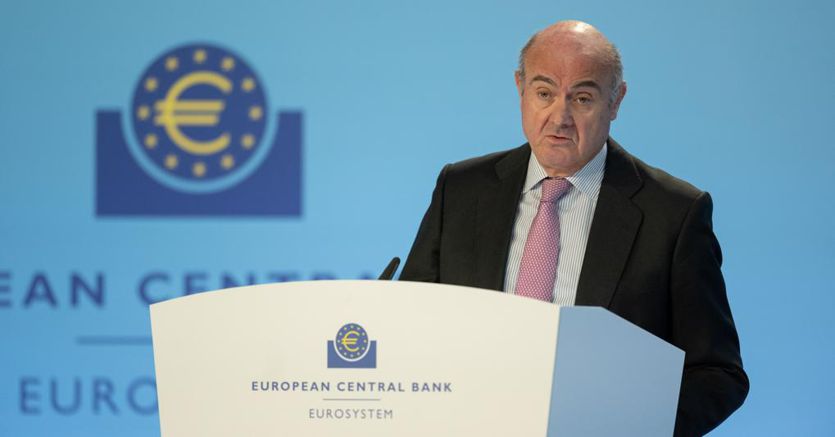With seven hikes in one year, the ECB has raised interest rates at a very rapid pace, by a total of 375 basis points, to bring inflation back to its 2% medium-term target. This unprecedented monetary policy tightening has come after many years of low rates, and at the same time as Russia’s invasion of Ukraine has brought war to Europe, as well as the energy crisis and the risk of recession. Beyond just price stability, does the ECB take into consideration the impact of this monetary policy tightening on banks and financial stability?
Our mandate is price stability and tightened monetary policy is a response to the very high inflation we face. This has fallen from the 10.8% we saw in October last year, but it remains high. Still, despite the very strong tightening cycle, we have not seen any financial stability problems. Yields on government bonds have increased, but spreads have remained fairly stable. This rise in interest rates has not resulted in greater fragmentation. Moreover, European banks’ balance sheets are improving, with higher-than-expected profits in the first quarter of this year. There is some tension in the European non-bank financial intermediary sector, which is highly leveraged and more exposed to liquidity risk, but nothing comparable to the banking crisis in the United States.
And do you consider the effects on households and businesses, and on the economy?
We do. Higher interest rates have started to affect businesses, but there has been neither a wave of defaults, nor of fallen angels (bonds once rated as investment grade now downgraded to speculative grade). Regarding households, a strong labour market continues to offer support for coping with tighter financing conditions. So far so good, I would say. But, of course, we continue to monitor the situation and we take a wide range of indicators into account.
There were fears that the ECB’s highly restrictive monetary policy would only be able to tackle inflation at the cost of a recession in the euro area, but that does not appear to be the case…
Indeed, our forecasts in December pointed to a technical recession, but we revised them in March. Growth was flat in the fourth quarter of 2022, and slightly better in the first quarter of 2023. The euro area managed to avoid a technical recession. Nevertheless, contractionary monetary policy serves to tighten financing conditions and we have started to see this being felt on the market for bank loans. Banks have started to tighten lending conditions, which shows that monetary policy transmission is working. And we will see what impact this will have on the real economy.
The Governing Council’s latest decision was to raise interest rates by 25 basis points, a smaller increase than the previous 50 and 75 basis-point rate hikes. However, the language used in the monetary policy decisions and by President Christine Lagarde at the press conference was more hawkish than dovish: “We have more ground to cover”, “we are not pausing”…
A quarter of a percentage point is “the normal” monetary policy rate hike. Hikes of 50 and 75 basis point were extraordinary steps in response to extremely high inflation. We have had to raise rates by 375 basis points: it was an important stage in our journey and inflation is in fact coming down. But we have now entered the home stretch of our monetary policy tightening path. And that’s why we are returning to normality, to 25 basis-point steps.
Were you in favour of a 25 basis-point hike, or would you have preferred 50?
Raising rates by 25 basis points was the right decision. I was in favour, even during our preliminary discussions on the Executive Board. And then, the overwhelming majority of the Governing Council supported the proposal. You could even say that there was virtually unanimous support for a quarter of a point.

